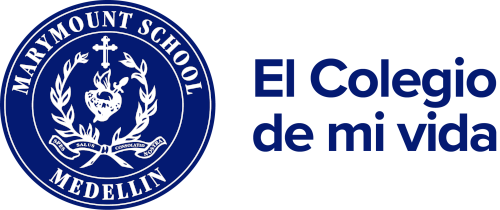
At Marymount we view innovation as the ability of those involved in the educational community to generate ideas, challenges or research projects that improve existing processes and allow the creation of new ones. These proposals are framed within the institutional philosophy and their primary interest is to improve people’s lives; This is a tour in which students, professors and other employees of the Institution become involved. The ultimate goal is to generate a culture of innovation, because “For the specific pedagogical purposes of disseminating the culture of innovation among students, two components are of special importance:« situated learning », which highlights the importance of knowledge contextualized so that it is in a position to be applicable in different situations; and «social learning», which highlights the need for the teaching process to be the result of permanent social interaction, given that learning is never something that is solely individual (Peinado-Miguel, et al., 2013; Artero, 2011; Adell and Castañeda, 2010; Suárez, 2010).
Moreover, teamwork is becoming increasingly important and the contributions of all members of the Community are essential so that innovation can be seen from different fields. In other words, the multiplicity of people generates different ways of thinking and analyzing, enriching the contributions of everyone. Finally, the culture of innovation is being built to the extent that challenges are generated that seek to solve them in a creative way and in which the different members of the Marymount Community can participate. “The information society presents new social, political and economic conditions that redefine the value system in which modernity was based and present new challenges for educational organizations ”(Romero, C. 2004, p. 4).
Marymount School is aware that information and knowledge are the Institution’s most valuable assets, and thus constantly seeks for mechanisms that help multiply it. Innovation and information management are the defined path to achieve this multiplicity that arises. Information management will be based on the cycle suggested by Rodríguez (2017) who stated that it is important to “Identify, Incorporate, Share / Transfer, Use and Create New knowledge”. In other words, identifying the organization´s key information and knowledge to manage it.



